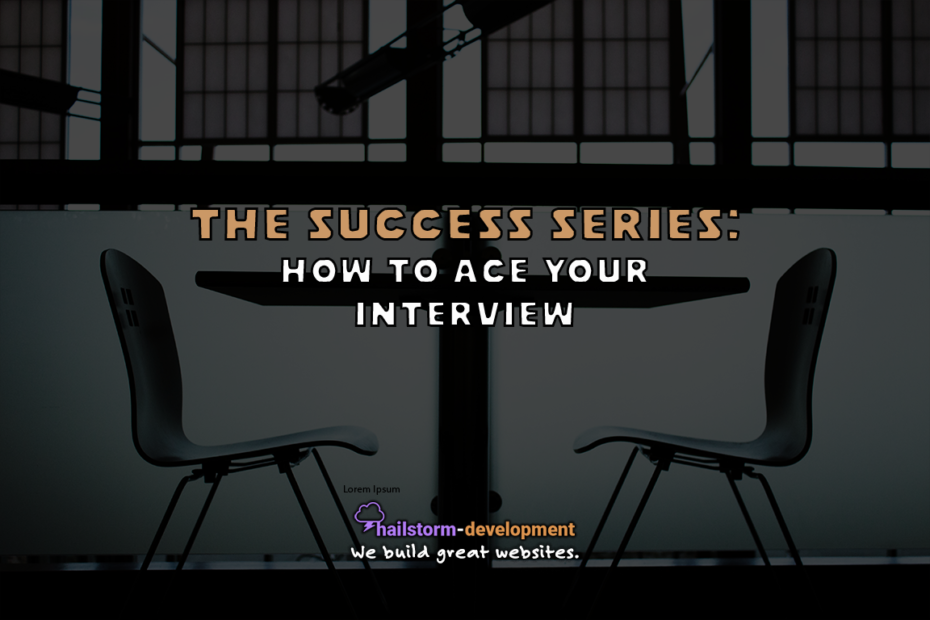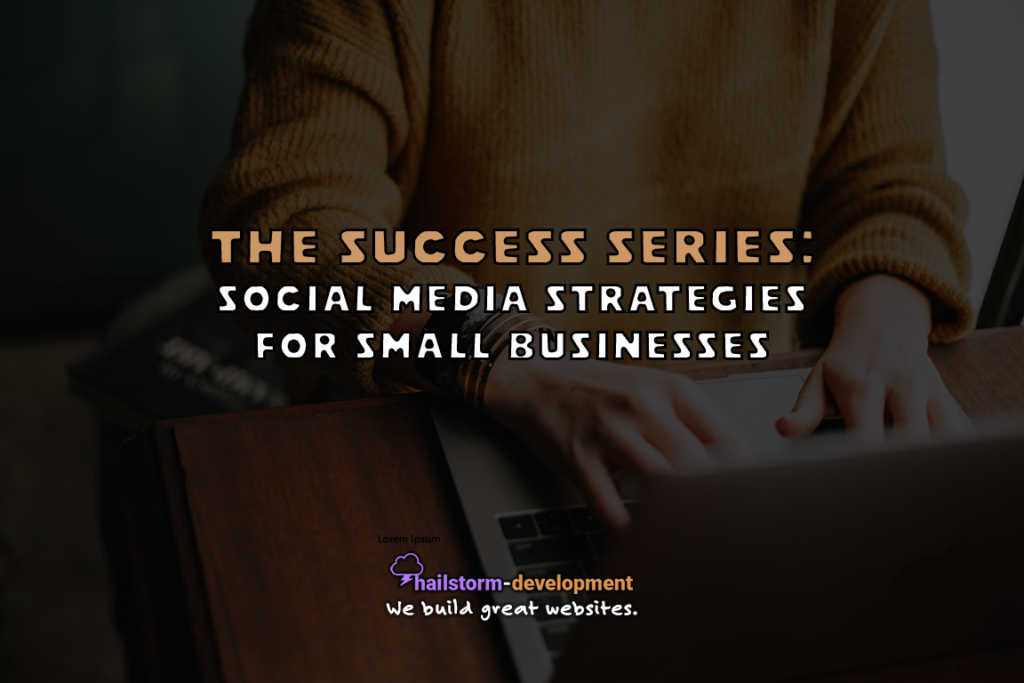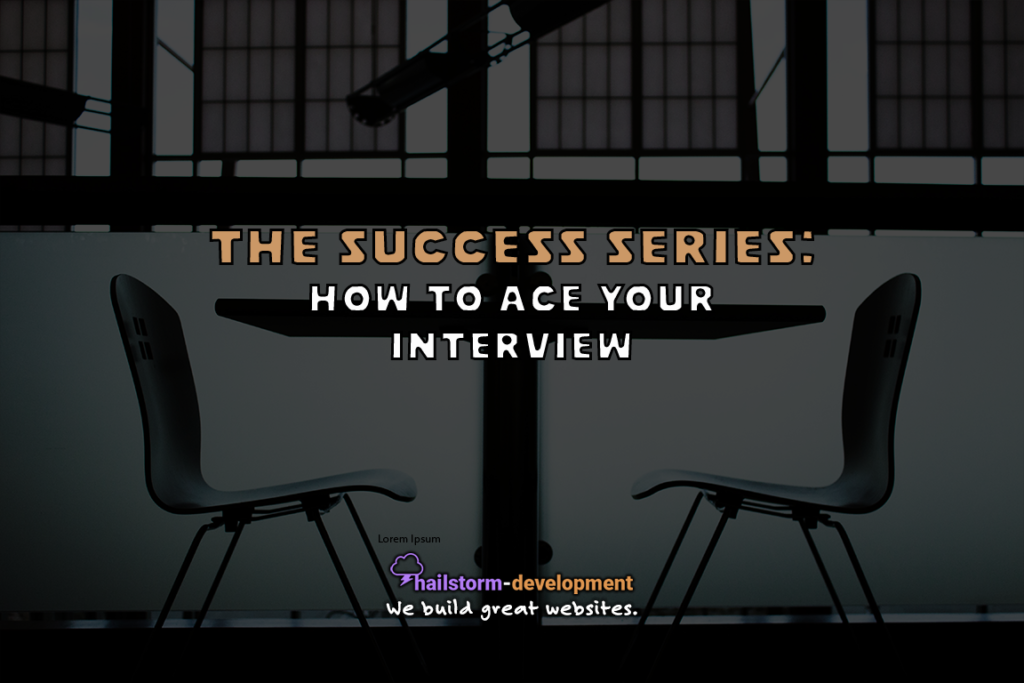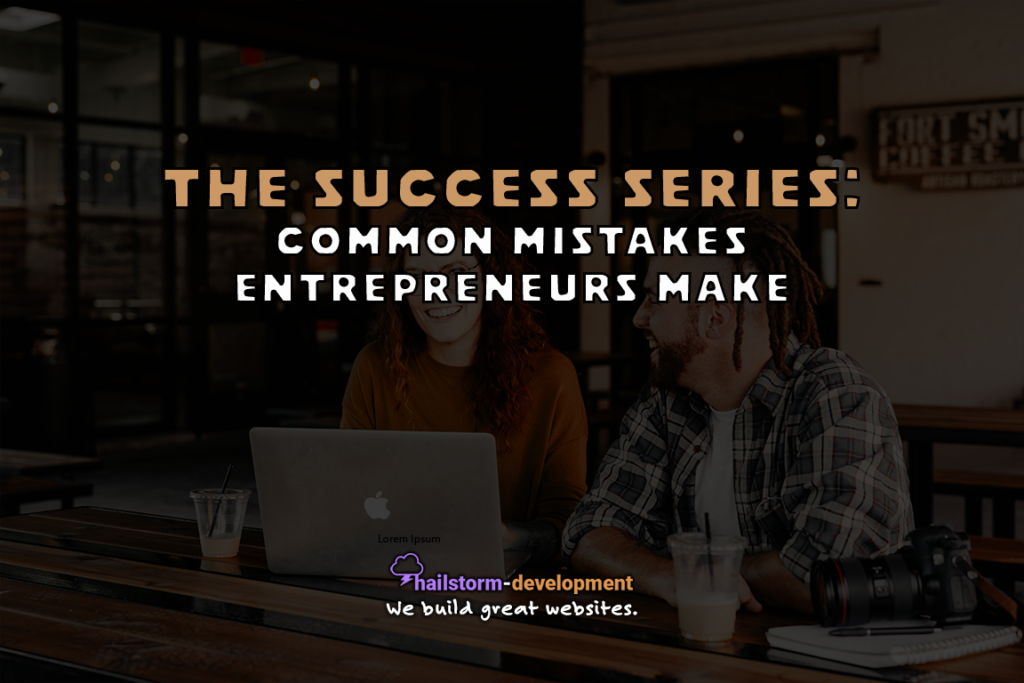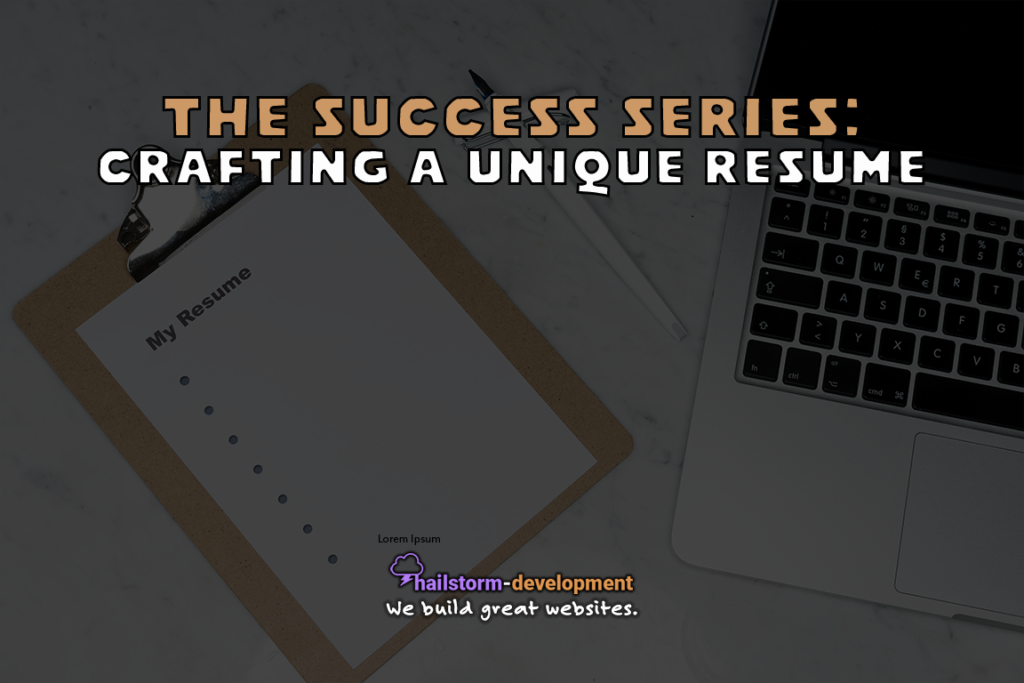How to Ace Your Interview
If you’re looking for a quick guide on how to ace your interview, you’ve come to the right place. Regardless of what step of your career you’re in, job interviews can prove stressful. For some, interviews can trigger feelings of anxiety or thoughts that you’re underqualified for the role. For us, preparing in advance of the interview is what helped most. So, without further ado, here’s our quick guide on how to ace your interview.
Tips and Tricks to Ace Your Interview
Use the flip cards below to learn about some tips and tricks on how to ace your interview. We split it up by timing – before, during, and after the interview.
Before the Interview
Research the Company Before the Interview
Don’t wait until the interview to ask questions about the company. You should research them beforehand and get to know what industry they represent, what products they’re selling, and what the company’s overall mission is.
Have Questions Prepared
It is a myth that the only person that asks questions in an interview is the interviewer. In fact, it’s more common to ask questions during an interview, so be sure to write a few down that you’d like answered.
Make Copies of Your Resume
When attending an in-person interview, be sure to make and bring copies of your resume. That way, if you have multiple stages of the interview or multiple interviewers, you will have enough resumes to hand out.
Plan Your Outfit
If you can set aside some time to plan your outfit (and possibly even set it out) for the interview, that is ideal. This way, you can really ask yourself if something is appropriate or not. Remember: if you have to ask yourself if it’s appropriate, it’s probably best to wear something else.
Arrive Early
Aim to arrive 10 minutes prior to the interview. Arriving earlier than this may cause the interviewer to be interrupted in another task or meeting. Personally, I like to arrive 25-30 minutes early so I can locate the building or office I’m going to, as well as parking.
Practice Your Answers
It doesn’t take too complicated of an internet search to find common interview questions – both behavioral and traditional. When reviewing potential questions, be sure to think of multiple ways that you can answer, in the case you have to use the same scenario in a different question.
During the Interview
Showcase Your Positivity
Believe it or not, an interview is a great time to showcase your positivity. By conveying your eagerness to learn more about the company and role, you can increase your chances of progressing to the next step.
Don't Ask About Salary
While you may want to ask how much the salary is or what the benefits for the role you’re interviewing for are like, these questions should be asked beforehand, and of the HR (Human Resources) representative, if applicable.
Take Notes
One great way to stay engaged in the interview is by taking handwritten notes. As an added bonus, writing increases the likelihood you’ll recall the information, as opposed to just hearing it.
Practice Good Body Language
Have you ever heard the phrase, “a picture is worth a thousand words”? It’s similar to body language – it can be used to convey more than words alone. For example, folding your arms across your chest may be a sign that you are frustrated or angry; another example is if you are slouching or leaning back in your seat, your may come across as uninterested and disengaged.
Keep Your Answers Concise
While it’s great to provide detail when giving examples from previous jobs, keep it short. Remember, the interviewer has a copy of your resume, so they can refer to it for the “long version.”
Link Answers to Skills
During the interview, when the interviewer asks about a specific problem that you’ve encountered in the past, be sure to highlight the skills that you gained or used that led to its success (or failure).
After the Interview
Ask About Next Steps
Don’t leave it up to an assumption. Ask your interviewer to clarify what the next steps are in the interview process. This will give you a clear picture of when to expect to hear back from them.
Send a Thank You Note
Sending a personalized thank you note is a great way to make a lasting impression on your interviewer. Be sure to use specific examples, or reference phrases from the interview that stood out to you.
In Conclusion
Lastly, the success of your interview can be directly impacted by your level of preparation. Thus, by implementing some of these tips, you can be sure to show your skills and qualifications in the best way possible. Do you have any tips or tricks for interviewing? Let us know in the comments below.
More From The Success Series
The Success Series: Social Media Strategies for Small Businesses
The Success Series: How to Ace Your Interview
The Success Series: Common Mistakes Entrepreneurs Make
The Success Series: Crafting a Unique Resume
Resources & Further Reading
21 job Interview TIPS: How to make a great impression. (2020, November 23). Retrieved February 14, 2021, from https://www.indeed.com/career-advice/interviewing/job-interview-tips-how-to-make-a-great-impression
Doyle, A. (2019, June 25). Top 12 job interview tips and tricks. Retrieved February 14, 2021, from https://www.thebalancecareers.com/job-interview-tips-and-tricks-2071489
Gillis, J. (2020, April 21). 16 job interview tips and hacks that ARE GENIUS! Retrieved February 14, 2021, from https://theinterviewguys.com/16-genius-job-interview-tips-and-hacks/
